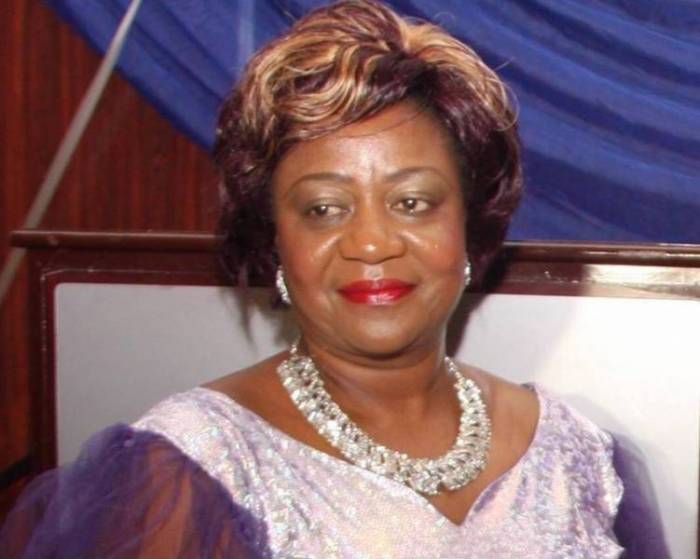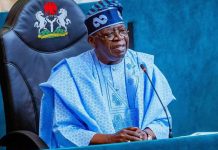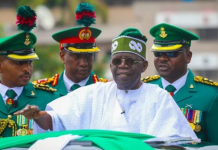In December 2019, President Muhammadu Buhari made a chilling promise. He assured Nigerians that he will be leaving a legacy of free and fair elections.
“I promise Nigerians to work very hard on free and fair elections,” Buhari was quoted to have said when officials in his government presented a birthday card to celebrate his 77th birthday at the Presidential Villa. But the president didn’t stop there and went on to prepare the minds of those intending to participate in future elections, particularly in 2023 that he will ensure that “elections are free and fair, that nobody uses his office or his resources to force himself on his constituency.”
For any close observer of the happenings in the country, that assurance from Buhari was the perfect answer to the growing question on the integrity of elections in Nigeria. But that promise, as with many others made by the president, will most certainly go unfulfilled. How sure am I? The answer is right in an October 2020 letter sent to the Nigerian Senate by the president.
In that letter, Buhari put forward five names to the upper legislative chamber for considerations as Independent National Electoral Commission (INEC) Commissioner. Of the names on the list, one stood out. It was that of Lauretta Onochie, a staunch promoter of the All Progressives Congress (APC) and an aide to the president.
Clear enough, it was a blight on the impartiality of the electoral umpire and expectedly, triggered a wave of protest to Onochie’s getting involved in the conduct of elections in the country. Having Onochie at INEC is simply throwing away the impartiality of the electoral body and projecting it as an appendage of the APC.
This seriously put to question the integrity of future elections as it will be unreasonable to expect Onochie to be neutral in a contest that APC will be on the ballot. It is this understanding that has persuaded a flood of views that has impressed on the Nigerian Senate to block the path of Onochie to INEC by turning down her confirmation.
From a legal point of view, Onochie’s nomination as INEC Commissioner run foul of the provisions of Section 14(2a) of the Third Schedule of the 1999 Constitution (as amended) that “A member of the commission shall be non-partisan and a person of unquestionable integrity.” In addition to this fundamental flaw is the outright disregard for Section 152 of the Electoral Act that provides that “No person holding an elective office to which this act relates or a registered member of a Political Party shall be eligible for or be appointed to carry out duties of a returning officer, an electoral officer, a presiding officer or Poll Clerk.”
Public trust in our electoral system is incredibly low as manipulations and violence heavily weigh against the principle of a free and fair poll. And with Onochie joining the electoral umpire, it is safe to conclude that the electoral system is broken and credible election a mirage. It will erode confidence in the country’s electoral process because votes would no longer matter.
Some supporters of the APC across the country have tried to play down this reality and contended that Buhari did no wrong in presenting Onochie for the INEC job. However, their arguments are not only deeply wrong, but it also exposes poor understandings on the sensitivity of INEC and the implication of reducing it to partisan ground.
Democracy would mean nothing without a credible poll, and to have an election that would be acceptable as ‘free and fair’, then an Onochie, known to have a political bias, have no business in INEC. That is why no one interested in the sustenance of our fragile democracy will be at home with this systematic attempt to ruin our electoral institution.
Oke Umurhohwo, a political analyst and strategist. He tweets via @OkeStalyf and can be reached on [email protected]







